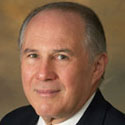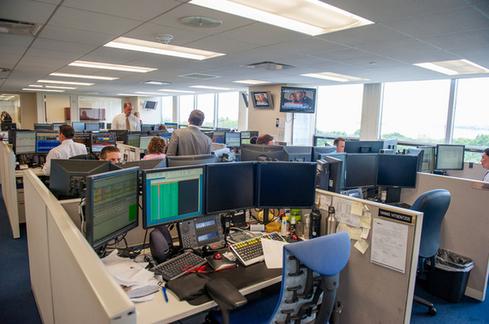01:57 PM
Where are the Technologists’ Voices in Global Financial Reform?
Financial reform is being driven by new regulations. Granting them foresight, regulators have started on this global enterprise by taking the right first step … fixing the plumbing of the financial system on a global scale. This activity, primarily a data and technology initiative, starts with a globally unique identification code for financial market participants and the products they trade, own and process. The system is to be initiated first for use in electronically identifying, trading and clearing swaps. It is intended for regulators to be able to observe the risk exposures associated with these transactions.

The process starts at multiple websites, disbursed globally, where each counterparty is to be uniquely identified and labeled with a code. Later this code will become associated with its parent or controlling entity. It is hoped that this coding convention, referred to as the legal entity identifier (LEI) can be extended to all financial market participants involved in the supply chain of all financial transactions. Its ultimate goal is to allow for computerized data aggregation for any specific firm, counterparty or market and, ultimately for all markets for global systemic risk analysis.
However, this part of financial reform, like health care reform, needs to be held to the standard of science not to the boast of politicians or regulators. Like the Affordable Health Care Act, the political class is famous for producing legislation that is dysfunctional, the regulators likewise. Individual members of each industry in similar fashion can also make judgments of the moment that may result in unintended consequences.
Technology, of course, takes precision and near zero tolerance for unintended consequences. Also, getting a website to work is worthless if the back-end cannot process data timely nor get instructions to the right exchange or payment system, whether it is an order for health insurance or an order for a financial instrument or swaps contract.
When I roamed the halls of congress with our “Fix the Plumbing” amendment, the Dodd-Frank Act (DFA) was then known in conference as the Wall Street Reform and Consumer Protection Act. The clarion call of the reformers then was ‘Just let’s pass the damn thing – we’ll fix it later!’ Well now is later and at the detail level, especially where the rubber hits the technology road, things are failing. Regulators around the globe are backtracking on implementation time tables and, in the US regulators are issuing no action letters and exemptive relief orders. In health care it is not as finely tuned…it’s all about denials and broken promises and half-truths.
We all give up our personal views to the best interests of the community and company we live within. However, decisions in large organizations and in government are mostly arbitrated to win consensus or driven by hard charging opinionated individuals. In this environment, especially under the pressures of a financial crisis or a revolutionary change in health care, the results of unintended consequences are not seen clearly.…there are lots of dots to connect let alone to project into the future.
In financial reform we might have moved too fast when prudence suggested we not be led by regulators on such a granular technology driven mission. The consequences are being felt in the US’s own attempts to regulate the swaps markets … to create new facilities to aggregate swaps data, to organize exchange-based swaps market, to create central counterparties to clear and guarantee swaps. Somehow this all was to be integrated into a world order as more governments try to establish their own regulatory reforms.
Allan is President and founder of financial industry joint venture development company Financial InterGroup Holdings Ltd; and strategy & acquisition consultancy Financial InterGroup Advisors. The companies are engaged in the capital, contract, currency, cash and investment ... View Full Bio






















